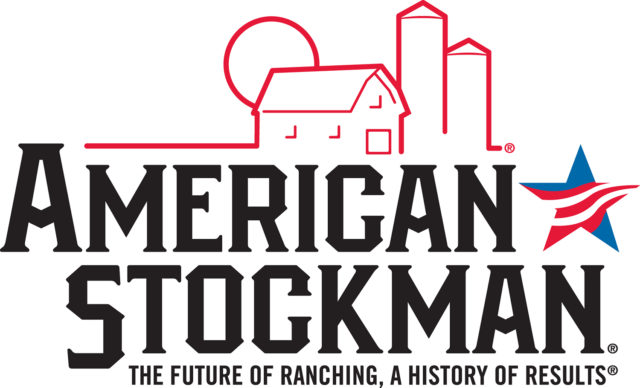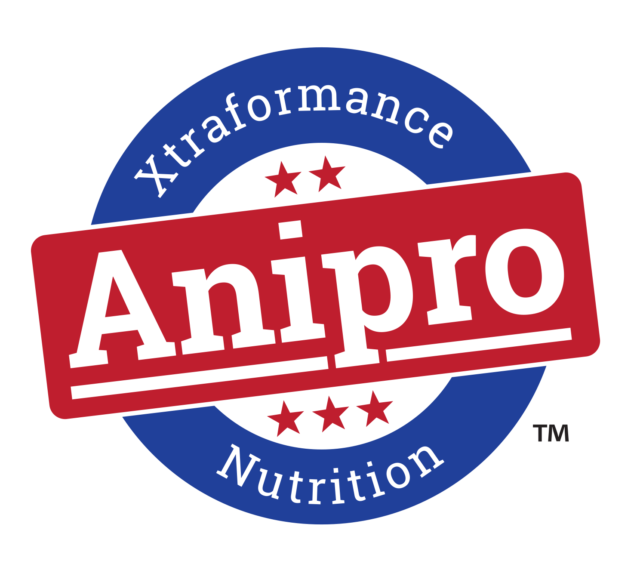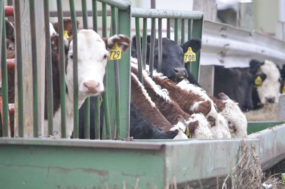Pathogens causing scours are generally identified as rotavirus, coronavirus and bacteria such as E. coli K99, Clostridium perfringens type C and salmonella. Cryptosporidia, an intestinal parasite, can also cause severe calf diarrhea but can only be controlled by limiting exposure in the environment. Controlling rotavirus, coronavirus, Clostridium perfringens and E. coli K99 with vaccines can significantly reduce sickness and death loss due to calf scours. Most beef cows in good body condition and proper nutritional status produce high-quality colostrum, but it may not contain the antibodies to fight the specific pathogens that cause scours in your environment. Scours vaccines are formulated to be given to pregnant cows and heifers late in gestation so they will make the correct antibodies as colostrum is being formed.
To better understand how to prevent scours, we first need to understand how calf immunity develops. Immunity comes in two forms, active and passive. Active immunity is generated from exposure to pathogens in the environment. Passive immunity is generated by the transfer of immunity from cow to calf through colostrum. This occurs within the first 24 hours after birth when the small intestine of the calf can absorb immunoglobulins containing antibodies into the blood stream, where they will remain for about three weeks. Once this absorption window closes, no more transfer of passive immunity from cow to calf occurs. Thus, all future immunity in the calf will come from active exposure to pathogens. The first four hours is generally the time when the highest levels of absorption occur. We also need to remember, the calf is born with a naive immune system, so gaining as much passive immunity as possible from proper colostrum consumption is critical. Developing active immunity to combat pathogens causing scours takes significant time that young calves simply don’t have.
Calving areas and minimizing stress
With cold, wet conditions in many calving environments, we all need to consider how increased stress can result in immune system deficiencies for the cow and calf. Inadequate quantity or quality of colostrum; calving difficulty; cold, wet conditions; poor sanitation and overcrowding in calving areas all contribute to higher risk. Once the calf has received adequate colostrum from the cow, it is still important to minimize pathogen exposure and stress.
Vaccinating pregnant cows to improve colostrum quality is a low cost and effective means to protecting newborn calves. Cost is determined by the product selected and vaccination protocol. Each product has label guidelines for administration and should be followed. The three main products on the market are Scour Bos 9, Guardian and ScourGuard 4KC. With all three products, the first vaccination should be followed by a booster three to four weeks later for cows and heifers. Each subsequent annual vaccination can be given once for previously vaccinated cows. Cost will range from $4 to $5 for a single vaccination dose. Consult with your veterinarian on the product and protocol that best fits your operation.
Cow nutrition is critical, especially from late-gestation through early lactation and pasture turnout. Properly balanced ration with a focus on energy, protein and mineral-vitamin supplementation will help ensure higher quality and quantity of colostrum is available to the newborn calf.
This all may seem overwhelming to inexperienced producers. They key is to prevent a scours infection or outbreak whenever possible. Good biosecurity, hygiene and proper nutrition for the cow and reduced calf stress are imperative. Infectious agents that cause calf scours are shed by healthy cows and calves, so it is not practical to expect to prevent scours from ever occurring on your operation. A target should be to have no more than 2-3% of calves born each year develop scours. If detected, scours should be treated immediately. Look for additional management related topics at the Michigan State University Extension beef website. ![]()
Kevin S. Gould is a beef educator with the Michigan State University Extension. Email Kevin S. Gould.







